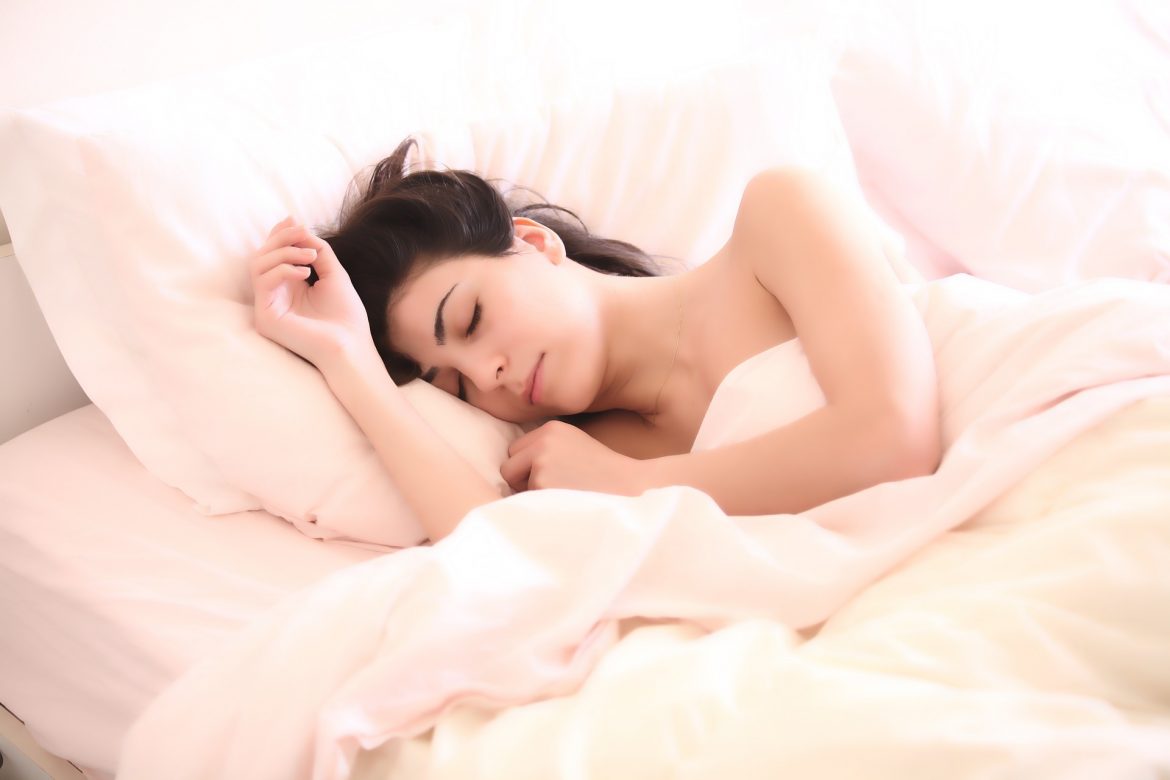
Sleep hygiene is a term coined by sleep researchers in 1942. It’s defined as the habits and lifestyle choices that affect an individual’s sleep quality and duration.
It sounds like a simple idea: make sure your lifestyle is conducive to healthy sleeping, and you’ll get enough rest. But practicing good sleep hygiene can be challenging for people who suffer from conditions like insomnia or other sleep disorders.
People may feel stressed, anxious, or depressed about their sleeplessness and try to compensate with comfort foods, caffeine intake, or other behaviors that could further disrupt their circadian rhythms.
On top of all that, the common wisdom about what constitutes good sleep habits can turn out to be flat-out wrong. For example, many people think they should avoid drinking liquids before bed so they won’t have to wake up in the middle of the night to go to the bathroom.
While this may be true for some sleepers, it’s not necessarily helpful advice. For example, others think alcohol helps you fall asleep faster and sleep more profound, but just the opposite can occur if your body metabolizes that boozy beverage too quickly.
What constitutes good sleep hygiene? Most experts say that’s hard to say. It depends on whether you’re a “morning lark” or an “owl” and how your body reacts to various stimuli, including food. Some people swear by their nightly glass of warm milk; others drink herbal tea and still can’t fall asleep until all hours.
What are the benefits of good sleep hygiene?
It’s important to remember that the term “sleep hygiene” isn’t necessarily a recommendation for sleep activities. Instead, it’s about creating conditions that promote restful sleep and sufficient hours of shuteye.
The critical components of good sleep hygiene include:
- Going to bed at around the same time every night and waking up at the same time every morning (a pattern called “sleep consolidation”).
- Eliminating distractions like TV or computers from the bedroom by shutting them off or putting them on silent mode; you should also remove any objects such as phones or tablets (more on this in a moment).
- Avoid caffeine within six to eight hours before bedtime, avoid big meals, and exercise close to bedtime.
- Practicing relaxation techniques before going to bed, such as deep breathing or meditation, or listening to soothing music.
- You are building a good sleep environment. This means the room should be cool (60-68 degrees Fahrenheit), dark and quiet; you should also avoid sleeping during the day.

Conflicting reports about what constitutes good sleep hygiene can make it difficult for people with sleep complaints to sort out constructive advice. The best approach is consulting with your doctor if you think you have a sleep disorder instead of trying to self-diagnose.
Even if you don’t have any diagnosed issues, following these guidelines can help ensure that your body gets enough restorative sleep.
If you have sleep difficulties, there are many treatment options available to help you get the quality rest you need. Medications like Ambien (zolpidem) or Lunesta (eszopiclone), for instance, can be very effective at promoting sleep; so can behavioral therapies like Cognitive Behavioral Therapy for Insomnia (CBT-I).
In most cases of insomnia and other sleep disorders, it’s a good idea to consult with a doctor who is well-versed in diagnosing and treating these conditions.
What are some of the side effects of poor sleep hygiene??
Poor sleep hygiene can lead to several adverse effects on the body, including chronic fatigue and depression.
In addition to these mental health issues, poor sleep habits can cause some physical problems as well. These include:
- Decreased immune function.
- Increase in weight due to changes in appetite and metabolism regulation.
- There is a higher risk of developing heart disease or other cardiovascular conditions related to blood pressure or cholesterol levels.
- An increased risk for diabetes from changes in insulin regulation that result from a lack of restful sleep patterns
- Decreased sex drive and sexual functioning.
- There is a higher risk for injury due to drowsy driving or simply performing activities in the morning when you’re fatigued.

How to improve sleep hygiene?
The guidelines laid out here are a good starting point for determining what practices help you maintain healthy sleep habits.
It’s important to remember that implementing the changes may take some time, and it’s perfectly OK if you need to make adjustments along the way. Also, remember that there’s no one-size-fits-all approach; people react differently to specific changes, so you should conduct some experiments to see what works best for you.
For one thing, if you’re uncomfortable sleeping in total darkness and you live in a city with lots of streetlights, try using a sleep mask and earplugs. If that’s not enough — or if it causes even more anxiety — light-blocking shades are another option.
Experiment with your bedroom temperature; some people prefer it to be calm while others feel more comfortable when things are warmer. You should also make sure you have enough room to stretch out while sleeping and that the mattress is comfortable enough for you to get a decent night’s rest.
Take these steps one step at a time. If you find yourself feeling anxious about sleep or feeling sleepy all the time during the day, consult with your doctor about how best to address these concerns.
Summary
To sum up, sleep hygiene is a set of rules that, if adhered to, make it easier to fall asleep and improve the quality of sleep. We have mentioned most of them in the article. We recommend the practices described above for those who care about a peaceful, comfortable, and healthy sleep.
